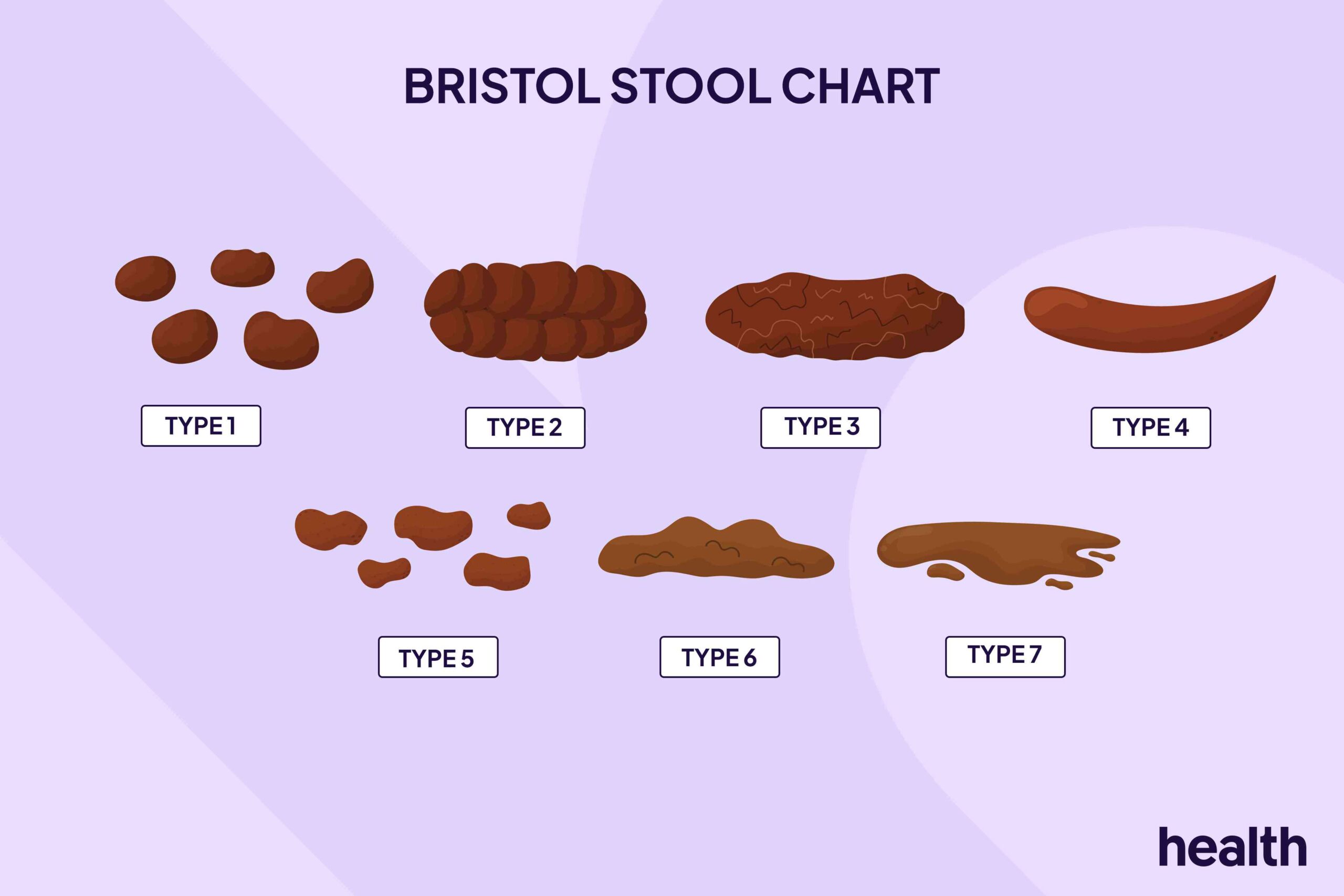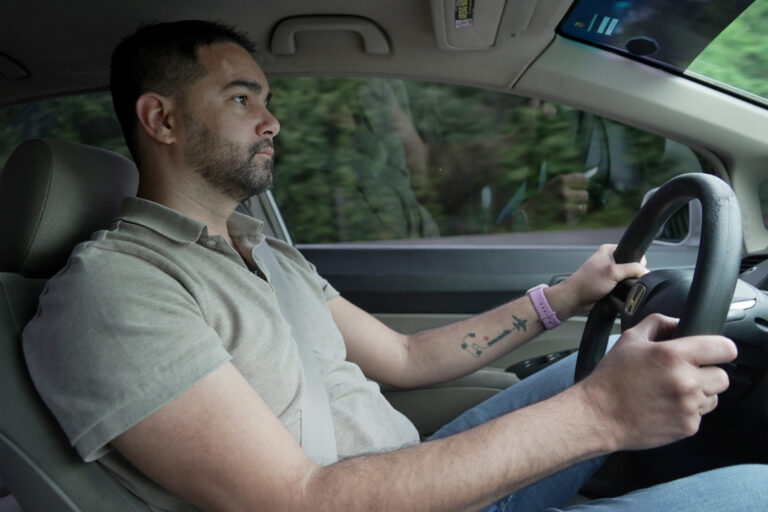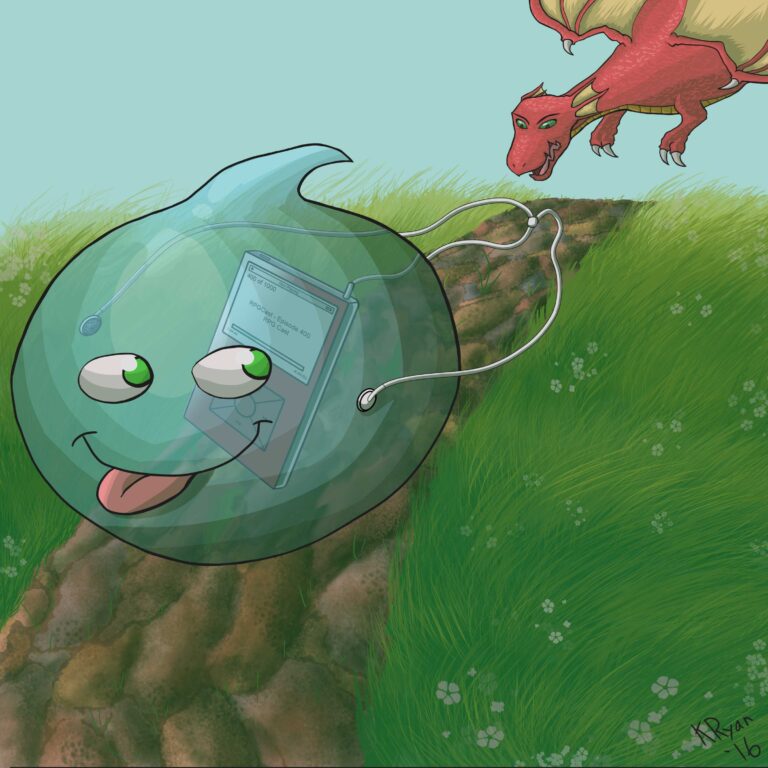:max_bytes(150000):strip_icc():format(jpeg)/Health-Bristol-Stool-background-light-purple-V2-brown-c0eed5c65b4146598d4e96ffacdf0a88.jpg)
Loose stools—sometimes called diarrhea—are loose, watery bowel movements that occur frequently. Some of the most common causes of loose stools are infections, medication side effects, and travelers’ diarrhea. Chronic conditions like Crohn’s disease, ulcerative colitis UC), irritable bowel syndrome (IBS), and celiac disease also cause loose stools.
Loose stools can be either acute or chronic, depending on the cause. Acute loose stools last two weeks or less, while loose stools that last 2-4 weeks are considered persistent diarrhea. Chronic diarrhea lasts four weeks or more.
Between 1-5% of adults have chronic diarrhea. Depending on the cause of your diarrhea, there are several ways to manage and treat symptoms. You can also take steps to prevent loose stools from occurring.
Design by Health
Healthcare providers often use a chart known as the Bristol Stool Form Scale (BSFS) to evaluate stool consistency. This scale identifies seven types of bowel movements and contains three points that indicate loose stool.
These loose stool points are types 5-7. Type 5 contains soft blobs with clear-cut edges and is often passed easily due to its loose consistency. Type 6 contains fluffy pieces with ragged edges and is a mushy consistency. Type 7 is extremely loose or watery with no solid edges.
According to the Bristol Stool Scale, loose stool is considered diarrhea. When this occurs, you may also feel an urgent need to use the bathroom, cramping, stomach pain, and nausea. In more extreme cases, you may feel lightheaded and dizzy as well as have a fever and vomit.
Having loose stool or experiencing diarrhea is a common symptom of many different conditions. Here are some of the more common causes of loose stool.
Infections
Three types of infections can cause loose stools: viral, bacterial, and parasitic. The norovirus and rotavirus are the two most common viruses responsible for loose stools, but viral gastroenteritis can also cause diarrhea.
Bacteria can enter your body through contaminated food and water resulting in a bacterial infection that causes loose stools. The bacteria most often responsible for these loose stools include E. coli, salmonella, campylobacter, and shigella.
Similarly, parasites can enter the body through contaminated food and water causing parasitic infections that lead to diarrhea. Parasites that most often affect people include cryptosporidium enteritis, entamoeba histolytica, and giardia lamblia.
Medication Side Effects
Several medications can cause you to pass loose stool—antibiotics being the most common. Some cancer medications and antacids can also lead to diarrhea.
Before starting a new medication, talk to a healthcare provider about its side effects. If loose stool is a possibility, ask your provider for ways to prevent this side effect. Also, remember that long-term use of certain medications or powerful antibiotics can cause gut changes, leading to chronic diarrhea known as Clostridioides difficile (C. diff).
Travelers’ Diarrhea
Traveling to developing countries can often lead to loose stools, especially if you eat contaminated food or drink water that contains bacteria or parasites. Viruses can also spread through food and water in some countries.
Typically, the diarrhea you get from traveling is acute, meaning it will not last more than two weeks. However, some parasites can take longer to get rid of.
Food Sensitivities and Allergies
People who have food sensitivities like lactose intolerance or gluten sensitivity may experience loose stools after consuming foods with lactose or gluten. Also, if you are allergic to certain foods, you can have loose stools if you consume those foods.
It’s possible to have a fructose intolerance and an intolerance to sugar alcohols like sorbitol, mannitol, and xylitol—commonly found in many processed foods and drinks. If you have an allergy or intolerance, your healthcare provider may advise limiting or even eliminating the foods you are sensitive to for a short period to see if it helps reduce the number of loose stools you have.
Digestive Disorders and Conditions
Certain disorders or digestive conditions can be the underlying cause of loose stools. Common conditions that can cause chronic diarrhea include celiac disease, Crohn’s disease, irritable bowel syndrome (IBS), small intestinal bacterial overgrowth (SIBO), and ulcerative colitis (UC).
Your healthcare provider may run several tests to determine if one of these conditions is the root cause of your chronic diarrhea.
Although loose stool is not necessarily harmful, it can become problematic if it is ongoing and has the potential to lead to dehydration or malabsorption. Loose stool can signal an underlying medical condition that needs to be addressed. You should consider seeing a healthcare provider for loose stool if you are:
- Passing loose stools for more than two days (for adults) or more than 24 hours (for children)
- Showing signs of dehydration like dry mouth, excessive thirst, and dark urine
- Experiencing severe pain in your stomach or rectum
- Passing six or more loose stools in 24 hours
- Having a fever of 102 degrees Fahrenheit or higher
- Passing stools that contain blood or pus
- Having black or tar-like stools
Treatments for loose stools often depend on the underlying cause. The treatment options may include over-the-counter (OTC) medications, prescription drugs, diet changes, and supplements.
Medications
Acute loose stools can typically be treated with OTC medications. A healthcare provider may suggest Imodium (loperamide) or Pepto-Bismol (bismuth subsalicylate).
If you have a bacterial or parasitic infection, your provider can prescribe antibiotics or other medications to help clear up the infection.
If your loose stools are caused by an underlying condition like UC, Crohn’s disease, or IBS, your provider may prescribe certain medications as part of a treatment plan.
Dietary Changes
When a food allergy or food sensitivity is the cause of loose stools, your provider will likely advise limiting or removing the food from your diet for a short period to see if it relieves the symptom.
Changing your dietary pattern can also help you treat loose stools even if you have no sensitivities. To help combat diarrhea, healthcare providers often recommend the BRAT diet (bananas, rice, applesauce, and toast).
You should also drink plenty of fluids to prevent dehydration. Beverages with added electrolytes can help replenish the electrolytes you’ve lost from passing loose stools.
Supplements
Healthcare providers might recommend supplements for treating loose stools. Researchers are investigating the role that probiotics can play in the treatment of diarrhea. However, the effects and benefits of probiotics are still not fully understood. If you’re interested in taking probiotics for diarrhea, talk to your healthcare provider about how much to take and for how long.
Research has also shown that taking zinc supplements for about 10-14 days can help reduce the duration of loose stools and decrease the likelihood of developing persistent diarrhea.
Other supplements that show promise for treating chronic diarrhea include:
- Butyrate
- Phosphatidylcholine
- Lactoferrin
- Palmitoylethanolamide (PEA)
- Silymarin
- Omega-3
In cases of chronic diarrhea, your provider may suggest taking supplemental vitamins and minerals to fill any nutritional gaps you may have due to the malabsorption that loose stools can cause. Taking fiber supplements can also help add bulk to your stool.
Certain types of diarrhea or loose stools are preventable—like traveler’s diarrhea and rotavirus. However, you likely cannot completely avoid loose stool. Here are some tips for preventing or reducing your risk of diarrhea:
- Wash your hands thoroughly with warm water and soap for 15-30 seconds after using the restroom or changing diapers, or when handling food
- Make sure to clean, store, and prepare foods properly
- Avoid tap water, unpasteurized milk or juice, raw fruits and vegetables, food from street vendors, and raw or undercooked meat, fish, or shellfish when traveling
- Use bottled or purified water for brushing your teeth, drinking, and making ice cubes when traveling
- Get your infant vaccinated against the rotavirus, ensuring they receive all the doses by the time they are 8 months old
Loose stools, or diarrhea, are loose, watery bowel movements caused by viruses, food sensitivities, parasites, infections, medications, some digestive disorders, and more. They can be acute or chronic depending on the underlying cause.
You can treat diarrhea with medications, dietary changes, and possibly probiotics. See a healthcare provider if you have diarrhea for more than two days or pass more than six loose stools in a 24-hour period.
#Loose #Stool #Treatment





















+ There are no comments
Add yours